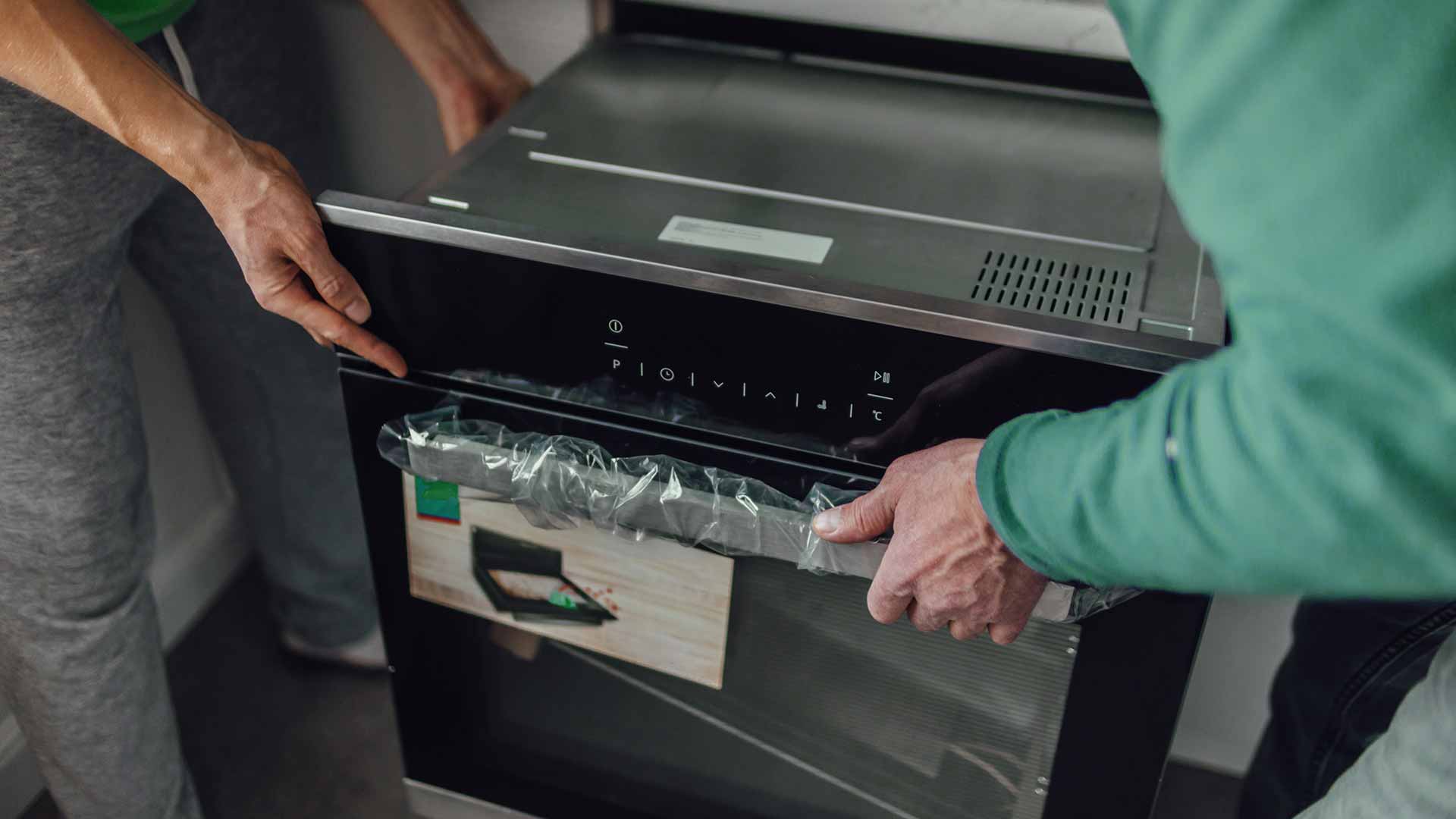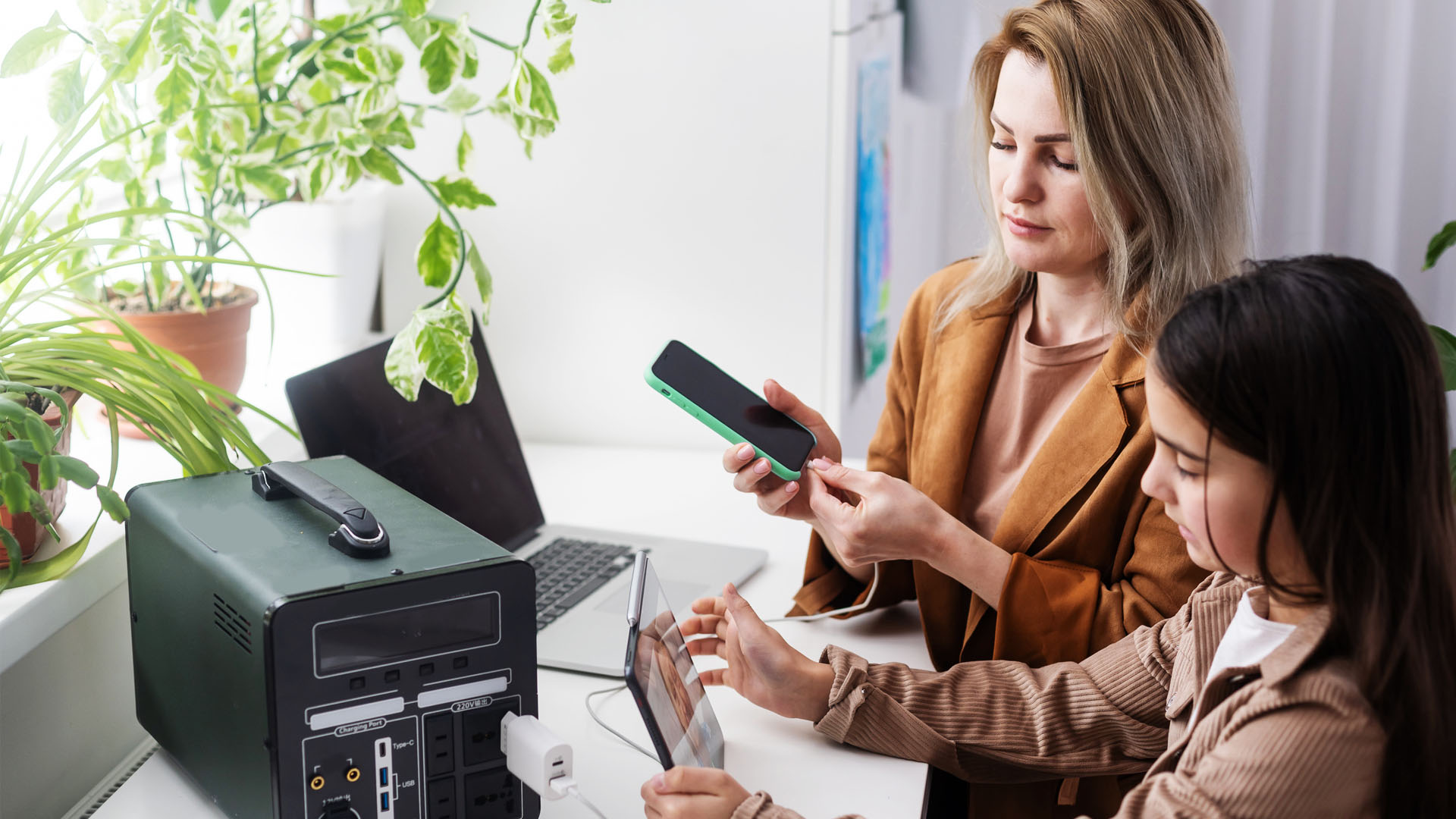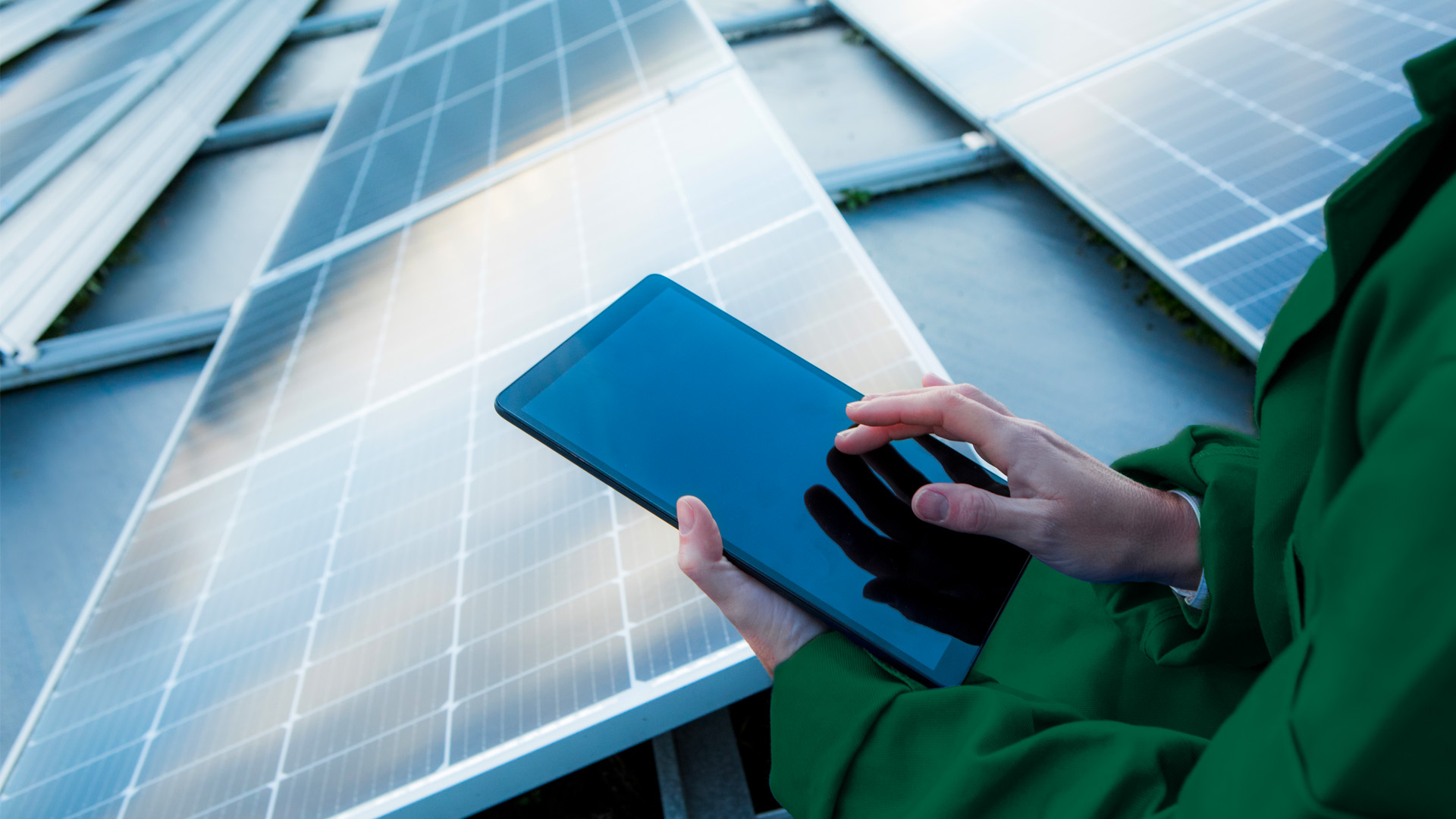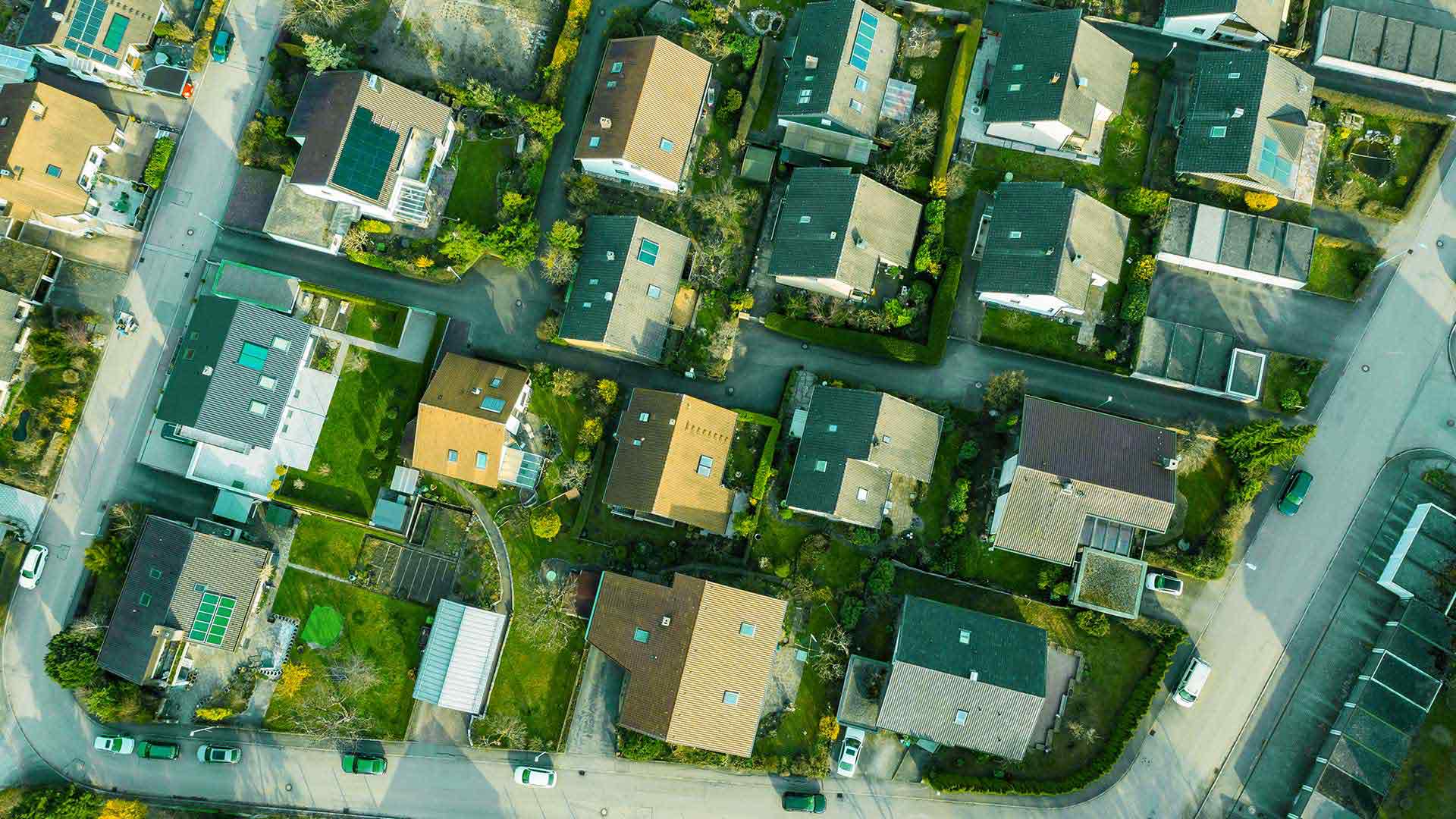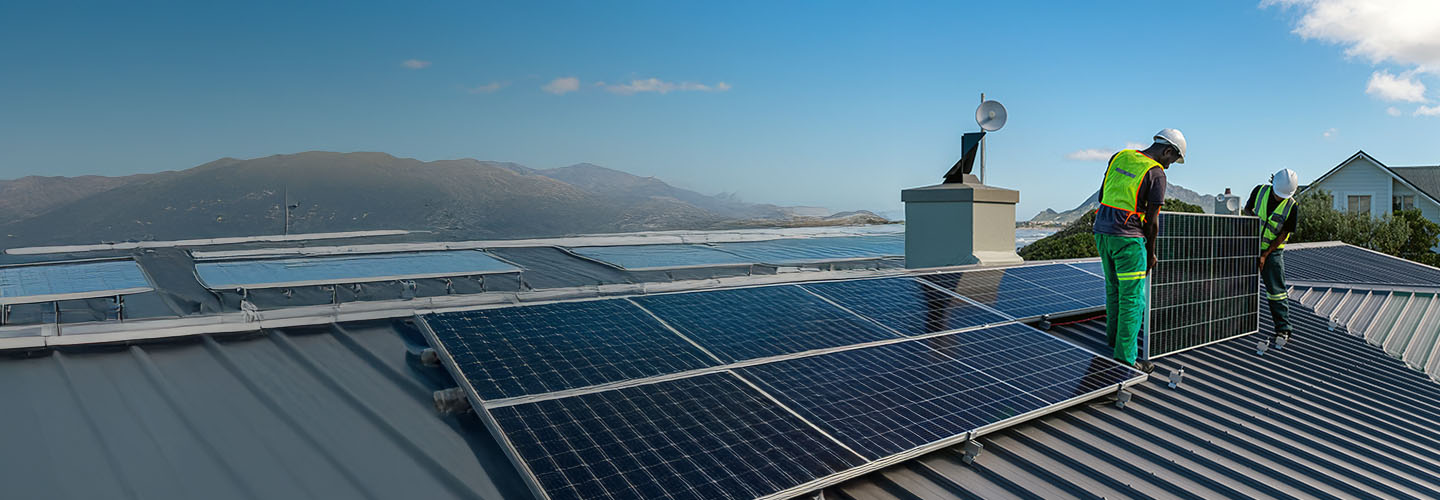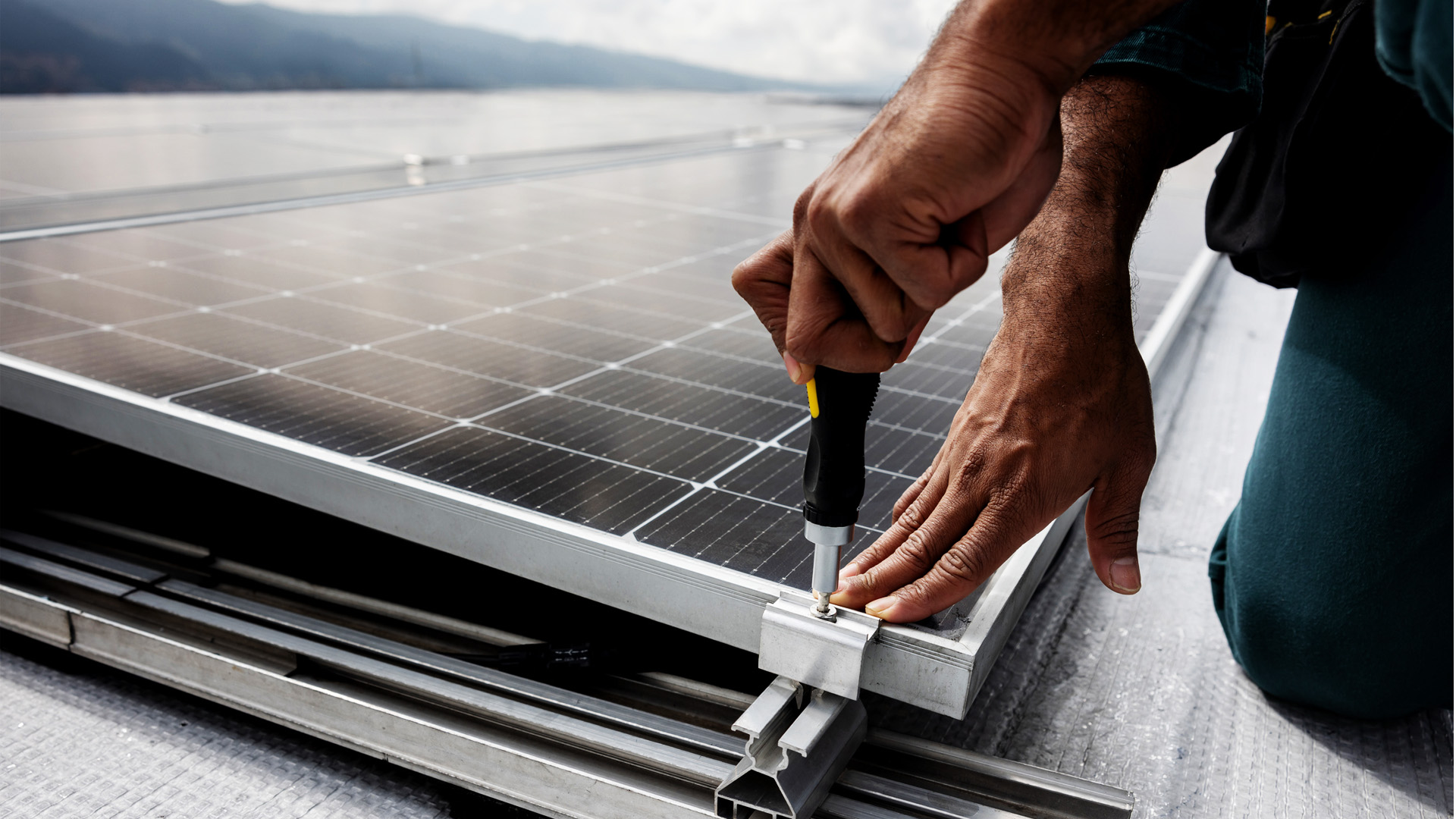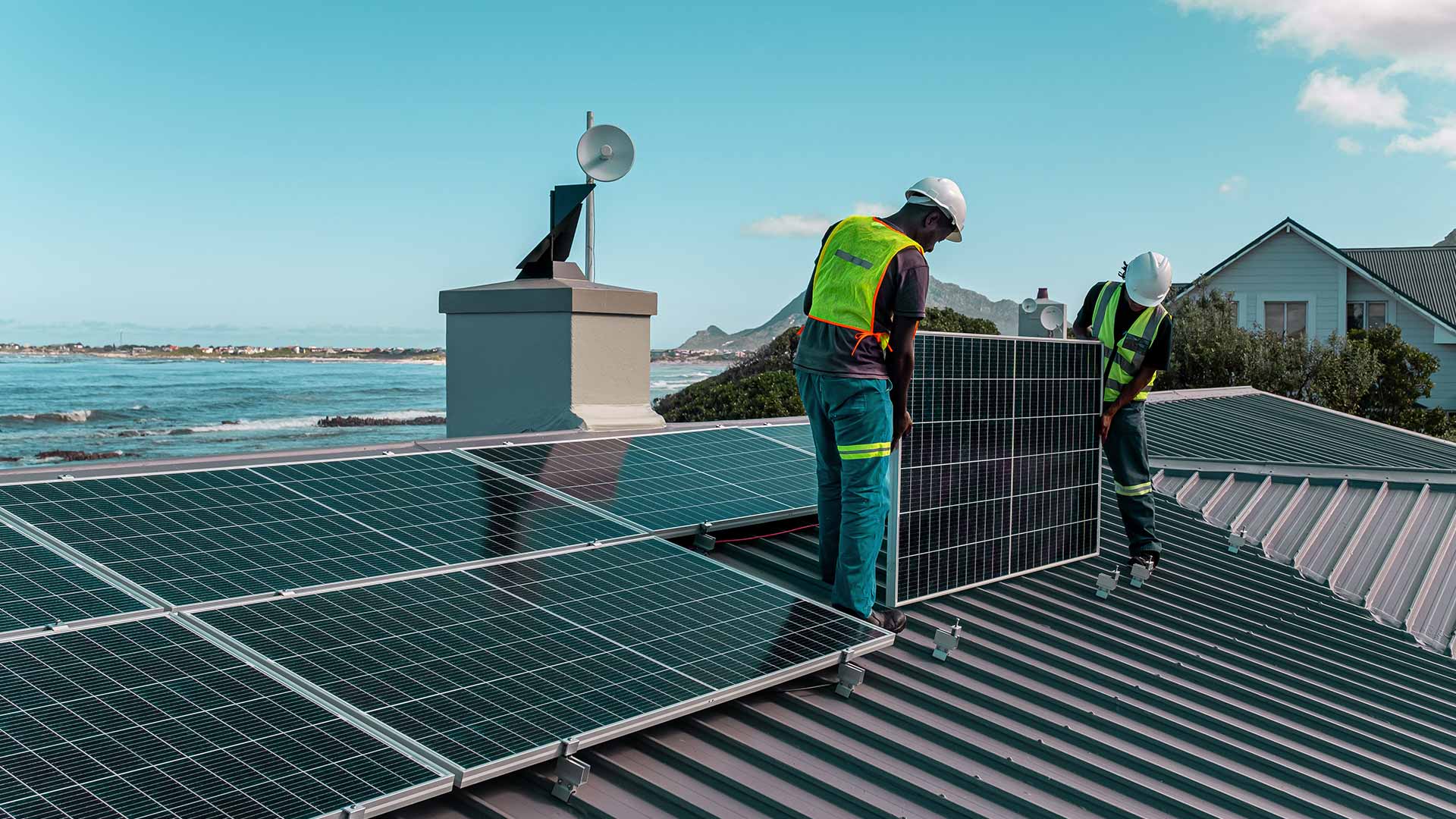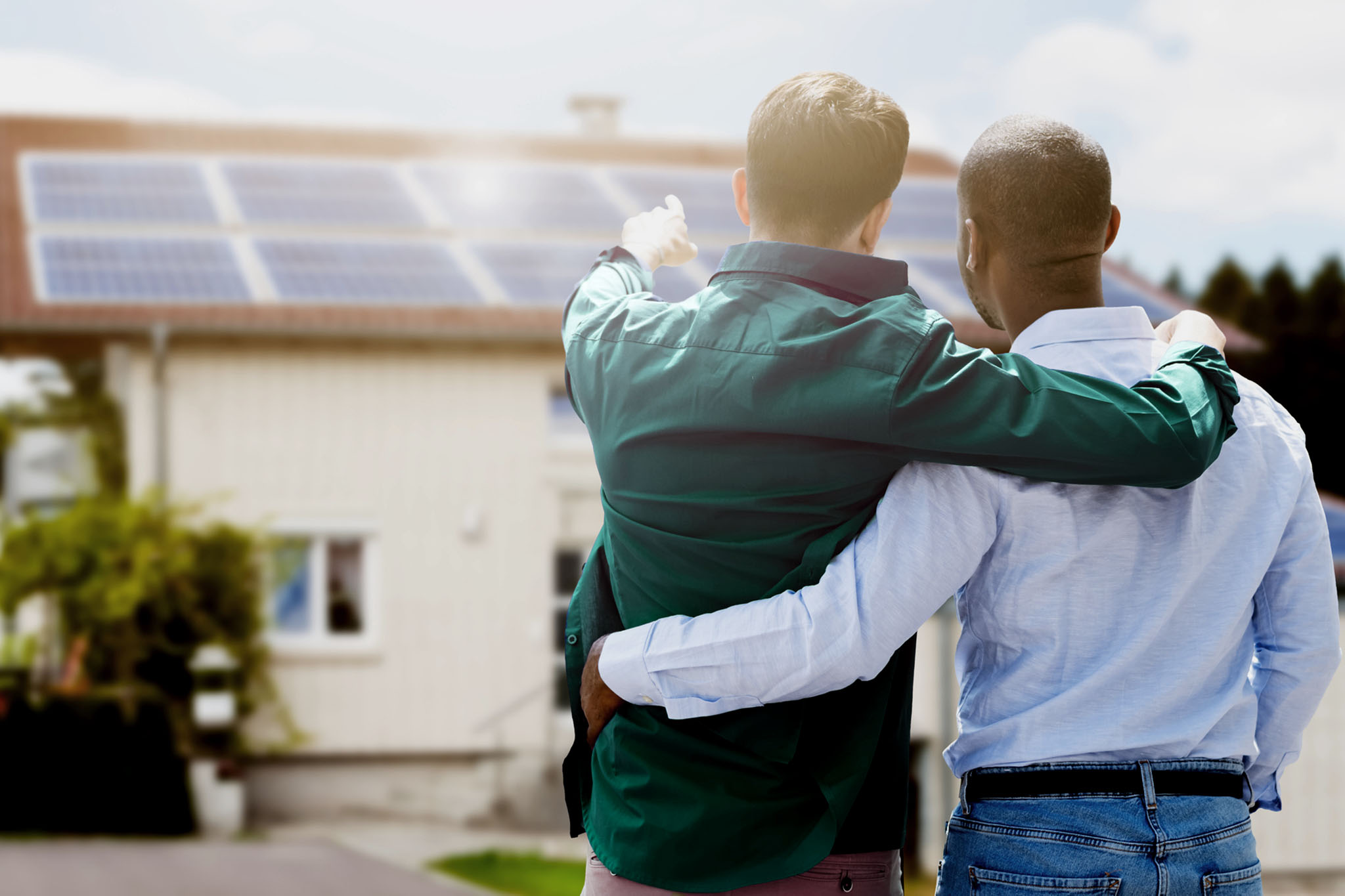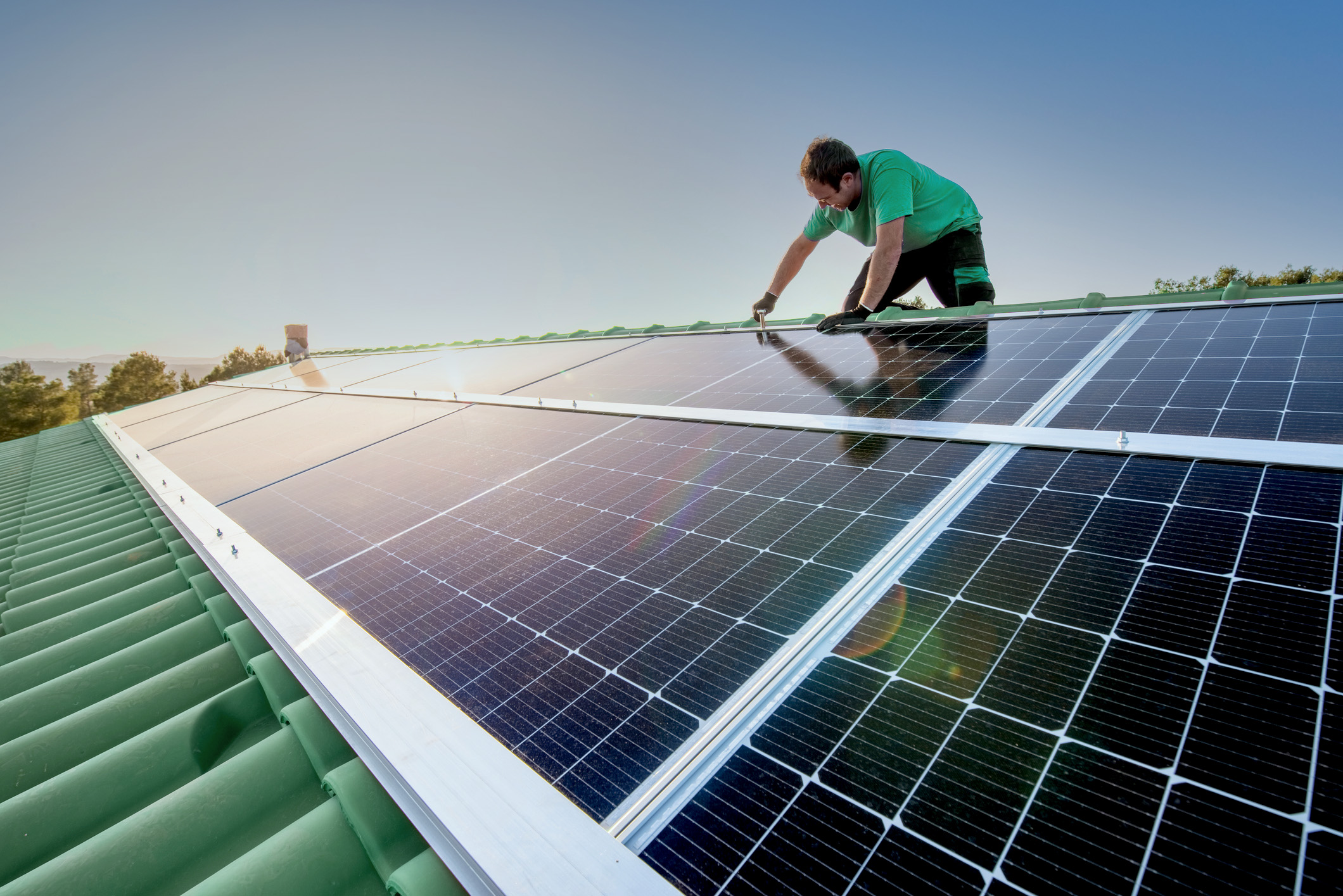As households across the country battled to keep the lights on during the most recent period of prolonged load-shedding, sales of solar and backup electricity systems boomed. A system with solar panels, an inverter and batteries can power your home during electricity outages – but choosing this solution does make you reliant on it working properly when you need it.
That’s why it’s wise to insure your solar power system against damage or loss. If your solar system is going to be any use in an emergency, you must be able to get it repaired immediately if it’s put out of action.
Why do you need to insure your home solar system?
Load-shedding has been with us for 15 years, and according to an Eskom report in November 2023, it was set to continue until 2027. So, the break in load-shedding that we have enjoyed since May 2024 might not last indefinitely. We can’t predict what stage load-shedding will get to, but regularly having no electricity for 4 to 8 hours a day is not outside the range of possibility – that’s what makes installing a reliable solar system attractive.
There are several potential faults that can cause critical components to fail. There are also natural threats to your system, including hail and thunderstorms – already growing more severe and likely to get even worse, thanks to climate change – and other adverse weather that can damage the equipment. You’ll need cover for fire and theft too.
If your solar-power system fails during a period of frequent load-shedding and it’s not insured, you’ll be plunged into darkness. Proper insurance cover means your backup against grid outages can be restored faster, as you won’t have to worry about finding the money for repairs if disaster strikes.
How to insure your home solar system
Once installed, a solar-energy system becomes part of the building and fixtures on your property, so you can insure it against all risks as part of the building insurance in your comprehensive cover. A comprehensive insurance policy, like Nedbank Insurance MyCover, provides cover for your buildings, home contents, valuables, vehicles and personal legal liability – all in one bundled package.
The benefit of including home solar in your comprehensive insurance policy is that you don't have to worry about what the specific risks are, or when they might occur. If your system was installed correctly by an approved service provider and is properly specified in your insurance policy, your building insurance will cover those risks.
That said, you do need to make sure the system is adequately covered in your insurance policy, with all the required paperwork in place. A crucial document is the certificate of compliance from a qualified, registered electrician certifying that the installation complies with regulatory standards. Your insurer will need a copy of this certificate when you apply for the system to be included in your policy. You don’t need to specify the brand or components in the policy, although it does help to have it noted that your insurance must cover the entire system.
Get peace of mind knowing that your investment and your family’s well-being are protected
It’s useful to specify items in a policy that are especially valuable or prone to damage – for example, specifying cover for electronic devices against damage caused by power surges because of load-shedding. In other instances, insurers may have a maximum payout limit, unless the item has been specified in the policy. It’s best to check with your insurer what the policy rules are, and if you need to specify the brand names and serial numbers of your solar-power system and its components. Bear in mind that specified items may increase your monthly premium.
How to save on your premium
A solar installation increases the replacement cost of your home, so both the cover on your buildings and the insurance premium are likely to increase. The additional amount you’ll pay depends on many factors, like the replacement cost, the severity of storms in your area, your claims history, etc. However, building insurance is the cheapest type of insurance you can get to cover fixed equipment. On an average-sized home in an area with moderate risk, the increase in your monthly premium could be less than R100.
Compared to the inconvenience of losing your backup system when your family needs it most, a premium increase that small seems insignificant. But if you’re a Nedbank client, you’ll enjoy a discount on your monthly premium, and you can benefit from more discounts by doing a few simple things.
You also get a discount if you apply for MyCover using the Nedbank Money app or Online Banking. A third discount is available if you bundle your MyCover insurance to include at least 2 types of cover – like building, home contents, vehicle and personal legal liability. For minimal cost, you can get peace of mind knowing that your investment and your family’s well-being are protected.
Practical tips to maintain your solar-power system
Your insurance will not cover regular cleaning and maintenance of the panels and other components of your system – one of the hidden costs of installing solar power. Your system is a valuable investment, so make sure that it’s always in tip-top condition. If you don’t, you might void warranties or your insurance cover.
There are some aspects of solar maintenance you can handle yourself, but others will require a professional. Most installers also offer maintenance contracts that include technicians checking your system at regular intervals, so ask about after-sales service when you’re choosing an installer.
You should have qualified technicians inspect the following regularly:
- Cables and mounting structures
- Inverter services
- Transformers
- Electrical checks on the system
You can check the following on your own:
- Dirt
A build-up of dust or other pollutants will reduce the efficiency of solar panels. Wash the dust and debris off your panels regularly. Always use high-quality brushes to avoid scratching them.
- Clogging
Components on your roof may get clogged by leaves, branches or other debris, so clear them away as quickly as possible.
- Plants casting shadows
Creepers against a wall or nearby trees can grow until they block the sunlight from your panels. Regularly trim any vegetation that could cast a shadow over your system.
- Loose connections
Weather and animal activity can loosen connections over time, so check that all wiring and connections are properly secured.
- Infestation
Many insects, including ants, are attracted by electromagnetism, and the nooks and crannies of a solar system also provide nesting spots for birds and animals. Clear any nests that start to develop around your panels or other system components.
- Erosion
Watch out for soil erosion around the base of ground installations.
Proper care can enable your system to continue operating at peak efficiency. It can also extend the lifespan of your solar system and allow you to get the most out of your investment.
